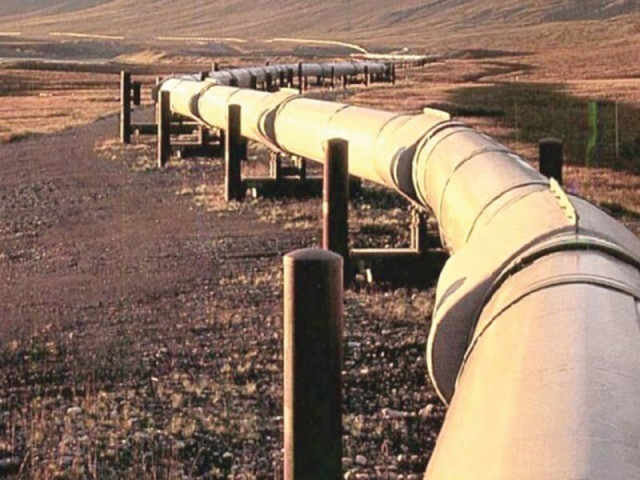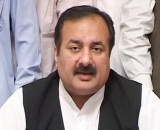TAPI pipeline construction: US firms lose out; French, Malaysian could win race
Energy ministers to meet next week to discuss multi-billion-dollar contract.

TAPI pipeline construction: US firms lose out; French, Malaysian could win race
Officials of Turkmenistan, Afghanistan, Pakistan and India will meet next week in Ashgabat to discuss the possibility of awarding a multi-billion-dollar construction contract for a transnational gas pipeline that will meet critical energy needs of three countries.
French and Malaysian companies are in the race to win the lucrative contract as top energy firms of the US – Chevron and ExxonMobil – have dropped out following rejection of their demand for an equity stake in the project.

According to sources, the steering committee of the Turkmenistan-Afghanistan-Pakistan-India (Tapi) gas pipeline project will meet in Turkmenistan capital, Ashgabat, on November 17-18. Energy ministers of these countries will discuss the progress on a services agreement to be signed between Turkmenistan and French energy giant Total and Malaysian firm Petronas.
Under the deal, the two companies will extract gas in onshore fields in Turkmenistan and in response they will get the pipeline construction contract worth billions of dollars.
The US companies were seeking shareholding in the gas fields in response to their commitment to providing funds for laying the pipeline. However, Turkmenistan turned down the request, throwing them out of competition to become a consortium leader.
Turkmenistan does not give oil and gas concessions to foreign firms in onshore fields. It desired to award offshore gas extraction contracts to Chevron and ExxonMobil, but for that it was required to change rules.
According to officials, seeing an empty field, Total and Petronas entered the fray and expressed interest in gas exploration without demanding any stake.
“Turkmenistan is negotiating a services agreement with the French and Malaysian companies, which could work as consortium leaders,” an official said. “In the upcoming meeting, Ashgabat will brief representatives of project stakeholders on progress on the services agreement.”
The Afghan government says it does not require the entire committed volume of gas and only needs part of it. The remaining quantity will be shared by Pakistan and India.
For the pipeline, which is expected to cost over $10 billion, a survey of the expected route will be undertaken. Its engineering design will also be prepared.
Pakistan will get 1.365 billion cubic feet of gas per day (bcfd), India will receive the same 1.365 bcfd and Afghanistan will get 0.5 bcfd. Turkmenistan will export gas through a 1,800km pipeline that will reach India after snaking its way through Afghanistan and Pakistan.
Pakistan and India have already signed gas sales and purchase agreements and efforts are under way to attract potential investors for financing the project.
The four countries linked with the project are setting up a consortium and selecting a technically capable and financially sound company as the consortium leader, which will design, finance, construct, own and operate the gas pipeline.
Published in The Express Tribune, November 11th, 2014.
Like Business on Facebook, follow @TribuneBiz on Twitter to stay informed and join in the conversation.



















COMMENTS
Comments are moderated and generally will be posted if they are on-topic and not abusive.
For more information, please see our Comments FAQ